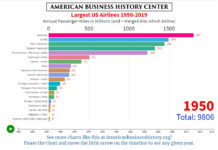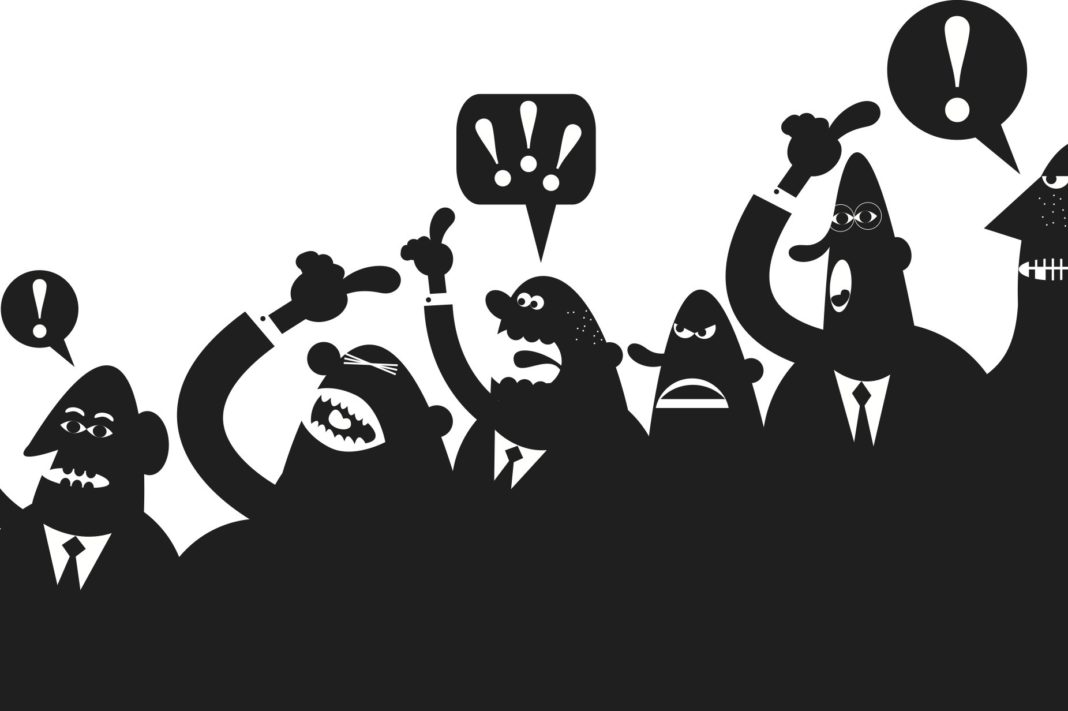|
For years I have been talking about the impact of the aging baby boom. Now my group is beginning to retire, adding to the burden on Federal entitlements programs like Social Security and Medicare. At the same time, older people vote much more intensively than younger people, so the aging baby boom is likely to exert as much political control as possible over government spending and allocation of resources. So if we don’t fix the pending shortfalls in these programs soon, we may never get them fixed. Here, from the most recent issue of the Economist magazine, is a nice piece on this same issue (www.economist.com/node/17800237):
FROM the moment they entered the workforce in the 1960s, baby-boomers began to shape America’s economy and politics. They will do the same as they leave. The first of the estimated 78m Americans born between 1946 and 1964 turn 65 in 2011, the normal age for retirement. As their ranks swell in coming years, the burden of financing their retirement will mount. So will their electoral importance.
Retiring boomers will squeeze the economy from two directions. The number of people enrolled in Medicare (federally funded health care, available from the age of 65) will grow from 47m in 2010 to 80m in two decades’ time. Enrolment in Social Security (federally funded pensions, available from the age of 62-67, depending on your birth year) will grow from 44m to 73m. The cost of the two programmes will grow from 8.4% of GDP in 2010 to 11.2% by 2030. Meanwhile, as boomers retire, the workforce will grow more slowly, as will the taxes to finance their benefits. The pensioner-worker imbalance and health-care inflation, which is driving up the bill for Medicare and Medicaid, the federal health benefit for the poor, will send the budget deficit into the stratosphere.
Both Barack Obama and Republicans in Congress claim that reforming such entitlements is a priority. But a demographic snag lies in the way. In the next two decades people aged 65 and over will rise from 17% of the voting-age population to 26% (see chart 1). Since the old vote more readily, their actual share of the electorate will be some three percentage points higher, reckons Robert Binstock, a political scientist at Case Western Reserve University in Cleveland.
 In the past the political priorities and voting preferences of the elderly were much like everyone else’s. Mr Binstock says this may be because ideological, economic or national-security issues loomed larger than greybeard ones, such as pensions. Or it may be because politicians, terrified of political retribution, avoided anything that would offend the old.
Advocacy groups, especially the almost 40m-member AARP (formerly the American Association of Retired Persons), have exploited this fear. Their support helped George Bush create the Medicare drug benefit in 2003, and their opposition helped kill his proposal for private Social Security accounts a few years later. In December, while most of Washington was transfixed by the tax deal between Mr Obama and the Republicans, AARP took aim at a scheduled cut in Medicare fees to doctors. After 100,000 of its members wrote, e-mailed and phoned, Congress voted almost unanimously to override the cuts, despite the $15 billion price tag.
In recent years the elderly have become a more distinctive voting block. People over 65 increasingly identify themselves as conservative and vote Republican, while young voters do the opposite, according to Andrew Kohut of the Pew Research Centre. The pattern was particularly striking in the last mid-term elections (see chart 2), when Republicans’ share of the over-65 vote exceeded the Democrats’ by a whopping 21 percentage points. For those under 25 the shares were reversed.
This may reflect a “cohort effect”, the notion that a person’s lifelong voting habits are established early on. Charlie Cook, a political analyst, says today’s retired were shaped by the perceived failure of Jimmy Carter in the late 1970s and the success of Ronald Reagan in the 1980s. In 2008 some may also have identified more with the 72-year-old John McCain than the 47-year-old Mr Obama.
But it was the result of the 2010 mid-term elections that most clearly revealed entitlements as a driving political force. Andrea Campbell of the Massachusetts Institute of Technology believes it was the creation of Social Security in the 1930s and Medicare in the 1960s that transformed the elderly into the most politically engaged age group in America. Ever more comfortable in retirement, they had the time and the means to follow politics and an issue to motivate them. But threats to the programmes seldom seemed significant or imminent. That may have changed in 2010 with Mr Obama’s health-care reform.
The president sought to insulate the elderly from any bad effects. While workers with employer-provided insurance will have their tax benefits curtailed and the affluent will pay Medicare tax on their investment income, the elderly got an immediate expansion of their Medicare drug coverage. In spite of that they remained, as they had begun, staunchly opposed to Mr Obama’s reform. “They already have national health care,” Ms Campbell explains, “and can’t imagine extending coverage to 16% of the population without a hit to their benefits.”
Republicans made hay with this. In August 2009 Sarah Palin falsely claimed that government “death panels” would decide who received health care. Republican senators targeted the Independent Payment Advisory Board, an expert panel created under the new law to recommend changes to Medicare coverage. Last July they accused it of threatening “access to quality care for seniors”—while at the same time, perversely, they attacked the health bill’s failure to rein in “skyrocketing costs”.
Traditionally, Republicans have been less trusted than Democrats on health care and Social Security. Polling by Rasmussen Reports suggests that by late 2010 they had made up this deficit. Whether they can maintain this near-parity is another matter. Their tea-party supporters are passionate about cutting the deficit and government spending, yet doing either without touching benefits for the elderly is virtually impossible. Last year Mr Obama’s bipartisan deficit commission recommended expanding the powers of Medicare’s cost-control panel and scrapping or reforming the CLASS Act, which creates a new entitlement for long-term care of the old and frail. Paul Ryan and Alice Rivlin, Republican and Democratic commission members, have separately proposed replacing traditional Medicare with vouchers for private care. All those proposals are complete anathema to the elderly.
They are not alone. Ms Campbell says that young and middle-aged voters are just as opposed to benefit cuts, perhaps because they have elderly parents or realise that they too will one day need the benefits. Polls find that, among all voters, the single most popular fix is to raise the cap on earnings subject to the payroll tax—no doubt because this would be borne by a minority of affluent working people. Yet to finance the boomers’ retirement with no cut in benefits would require unprecedented increases in taxes, which could be even more unpopular. The boomers’ capacity to upset the political apple cart is as great as it ever was.
|











